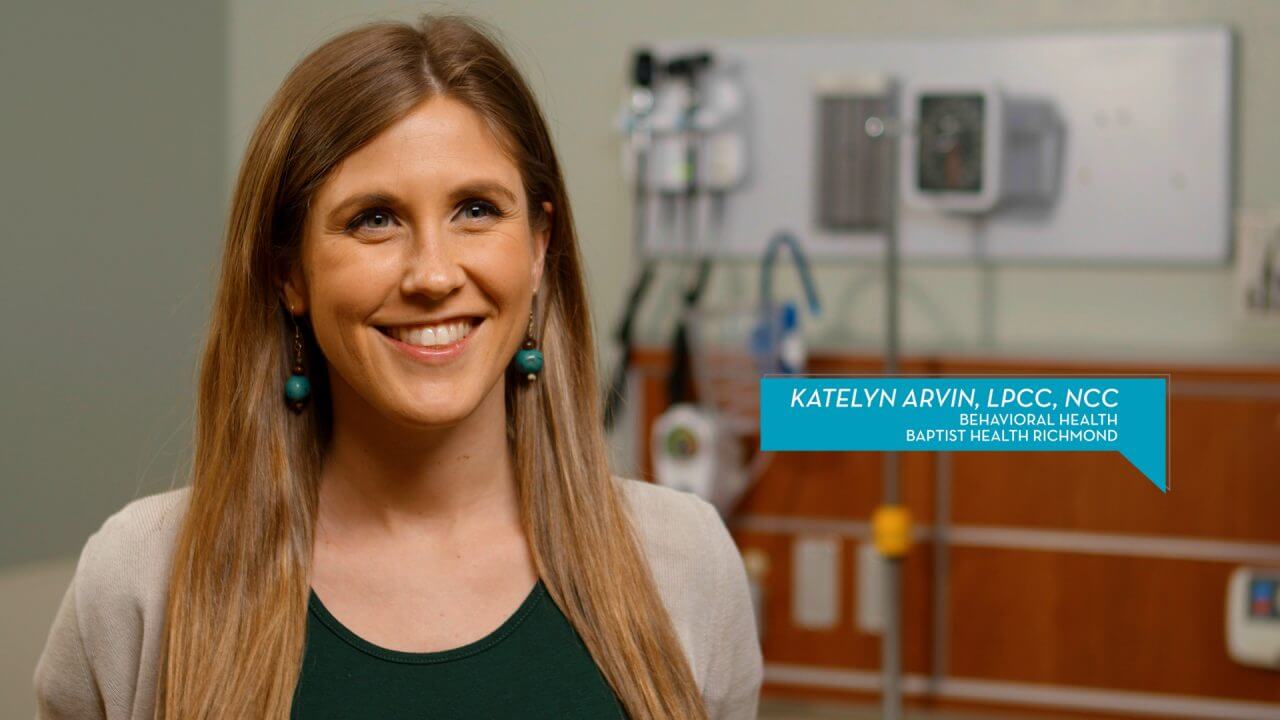Sobriety and Alcohol-Free Options
.jpg?rev=28fe938d48c14524ad042d728a254fdc)
This content was reviewed and approved by Becky Stubblefield, DNP, APRN, FNP-C, PMHNP-BC.
Many people today are striving to drink less alcohol or none at all. Whether that’s a temporary goal for you (like Dry January or Sober October) or a permanent lifestyle change, it’s crucial to have a plan. In particular, it can be helpful to consider alternatives to alcoholic beverages.
This article provides suggestions for anyone looking to cut back on their alcohol consumption, including replacement beverages and strategies for keeping your efforts on track.
What To Drink Instead of Alcohol
One of the challenges when trying to reduce or eliminate alcohol is that drinking tends to be a social behavior. Consequently, when you’re socializing, the urge to have an alcoholic beverage can be strong.
Fortunately, while social drinking is a learned behavior, you can also unlearn it, substituting other beverages that you ultimately come to associate with social events. Here are some options to consider:
- Sparkling water. The fizziness of sparkling water makes it reminiscent of a cocktail but without the alcohol. You can drink it as is or enhance it with fruit juice or slices of fresh fruit.
- Infused water. Plain tap water steeped with fruits, herbs or even vegetables can be a treat to look forward to at social gatherings.
- Fruit juice. For a more intensely flavorful alcohol alternative, try some fruit juice or a fruit smoothie. You can add ingredients like spinach or kale to bump up the nutritional value. Just remember that fruit juice contains sugar, so consume it in moderation.
- Kombucha. This fermented tea has a tangy flavor and a hint of effervescence. As a bonus, it contains probiotics that support gut health. Be aware that the fermentation process used to make it produces trace amounts of alcohol. So, if your goal is to go completely “dry,” this beverage is off the menu.
- Non-alcoholic beer and spirits. The number of alcohol-free beers and spirits available has skyrocketed in recent years. If you want the aroma and taste of an alcoholic beverage without the alcohol, there are countless options to consider.
- Mocktails. These drinks have the appearance and complex flavors of cocktails but without the liquor.
Strategies for Achieving Your Alcohol Reduction Goals
Follow these tips to make reducing your alcohol intake easier:
- Tell friends and family about your goals so they can support you.
- Know in advance how you’ll politely but firmly decline if someone offers you alcohol.
- Tell people that you prefer to attend social events at establishments that have non-alcoholic options.
- Remove alcohol from your home or make it inconvenient to access it.
- Stock up on your non-alcoholic drink(s) of choice.
- Learn about and be prepared for the potential side effects of cutting back on alcohol, including headaches, anxiety, shaky hands and insomnia.
A Note on Alcohol Abuse
This article focuses on people who are “social drinkers” who want to reduce their alcohol consumption. Alcohol addiction is a condition that requires treatment. If you need assistance with alcohol addiction, talk with your doctor. They can help you get the resources needed to address your illness.
If you don’t have a Baptist Health provider, you can use our online provider directory to find one.
Next Steps and Helpful Resources
Learn More About Behavioral Care at Baptist Health
ADHD and Alcohol
Short and Long Terms Effects of Alcohol on the Body
Alcohol Allergy



